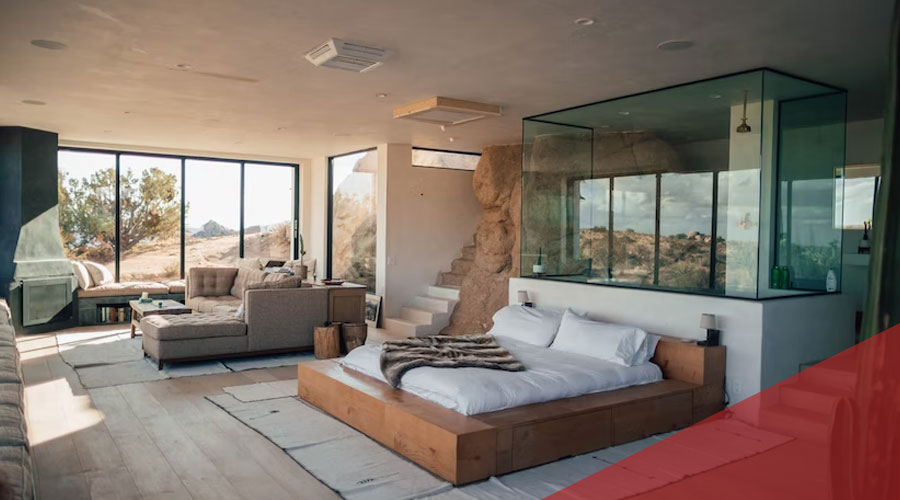
People have always travelled around the world before the invention of ships and aeroplanes. The fascinating history of the hospitality industry could go back to thousands of years when royalty treated special guests to luxury accommodation.
The modern definition of a hotel is not much different from the ancient concept. In simple terms, a hotel is a building that provides accommodation in the form of a room or suite and offers additional services like meals and entertainment facilities.
Modern travellers and tourists are spoilt for choice, whereas the people from ancient Mesopotamia had to exchange money or goods for a roof over their heads for the night. These stays were normally offered as a necessity as part of a long and tiring journey.

Entrepreneurs began seeing the business opportunities in the middle ages. Staging posts and inns began to crop up all over Europe in the middle ages. During these days, the most likely customers to book an overnight stay were traders, pilgrims, and government workers.
Around the 15th century, there were more than 600 inns in England. These inns only provided the basics such as a place to sleep, food, and in some cases, shelter and fodder for horses.
The mid-17th century saw the birth of the luxury hotel industry. During the renaissance period, scholars, artists, and royalty developed a greater interest in travelling. Hence the demand for luxury accommodations grew across the world.
The Exeter was one of the first luxury hotels to open its doors in 1768. This was shortly followed by the opening of the City Hotel in New York City. Only a few decades later, more developers decided to invest in the hospitality revolution.
Over the next century, wealthy individuals travelled all around the globe, visiting bigger and even more extravagant hotels. By the 1900s, there were modern hotels in almost every part of the developed world.
Today, travellers are afforded the luxury of making online bookings from anywhere in the world. Guests are treated with a range of services and amenities to cater to their every desire. Readers can peek at the features that define a luxury hotel.